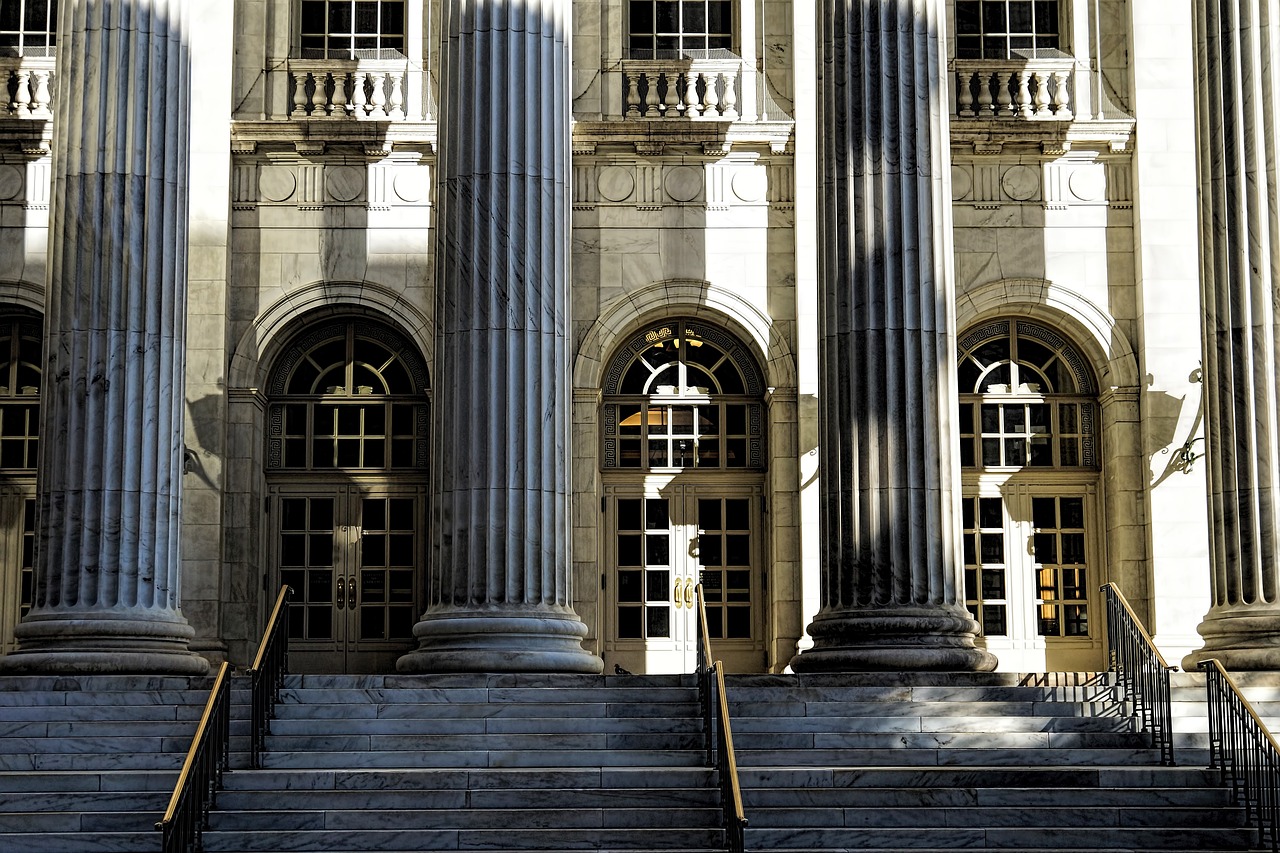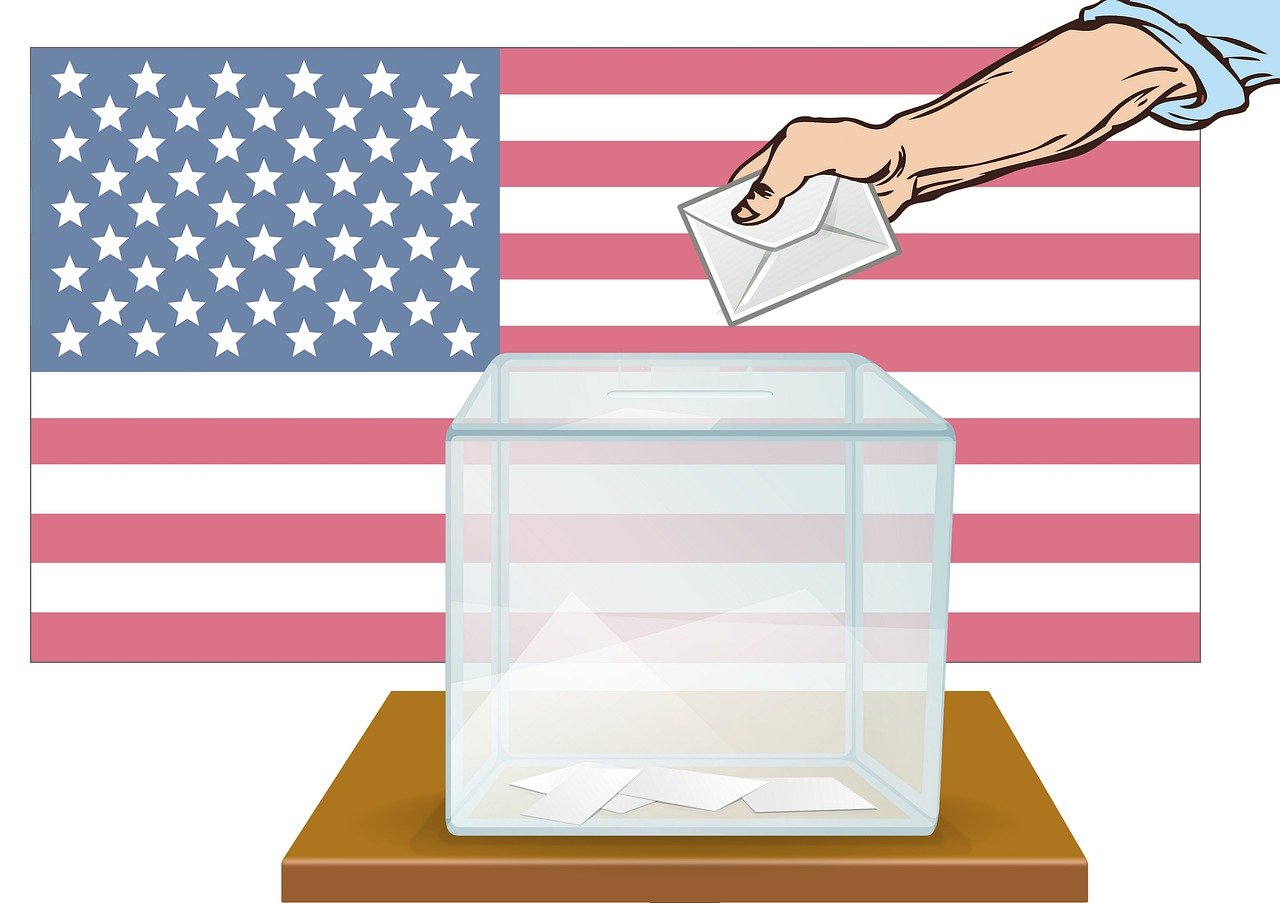 The fallout of the 2024 Presidential election has left high-skilled foreign workers asking what the Trump administration may have in store for them in the new year.
The fallout of the 2024 Presidential election has left high-skilled foreign workers asking what the Trump administration may have in store for them in the new year.
Perhaps the most vulnerable to attack is the H-1B work visa program, which was previously targeted by the Trump administration. A second term for Donald Trump promises to bring a new set of challenges for H-1B workers, including a hike on mandated salaries paid by U.S. employers, and increased scrutiny leading to a predicted surge in Requests for Evidence and H-1B visa denials.
About the H-1B Work Visa
H-1B workers are a subset of professional workers that have long filled a critical need in the U.S. labor market, especially for those working in the sciences, technology, engineering, and mathematics (STEM) fields.
Every year, U.S. employers from hundreds of industries use the H-1B visa program to bring highly skilled and well-educated foreign professionals to work for them in the United States. To qualify, H-1B workers must have a job offer from a U.S. employer to work in a “specialty occupation,” which requires a baccalaureate degree or the equivalent work experience to work in the field. Applicants must demonstrate that they have the academic and professional qualifications to work for the U.S. employer.
Only 65,000 H-1B visas are available every year, with an additional 20,000 visas made available to professionals with a U.S. master’s degree or higher in their field.
The annual visa limits mean that the H-1B work visa program is a “lottery” based visa, requiring employers to submit an electronic registration every Spring, to have a chance of being selected.
 Visa Lawyer Blog
Visa Lawyer Blog










